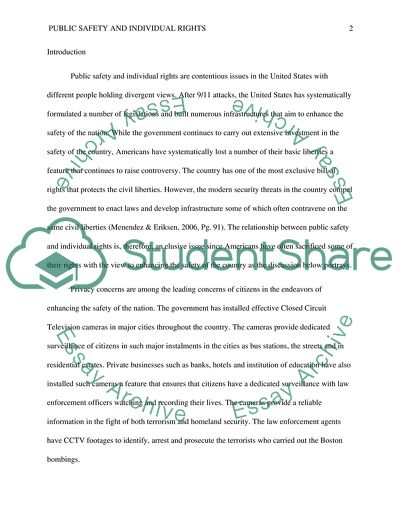Cite this document
(Relationship between Public Safety and Individual Rights Coursework, n.d.)
Relationship between Public Safety and Individual Rights Coursework. https://studentshare.org/law/1869470-public-safety-and-individual-rights-paper
Relationship between Public Safety and Individual Rights Coursework. https://studentshare.org/law/1869470-public-safety-and-individual-rights-paper
(Relationship Between Public Safety and Individual Rights Coursework)
Relationship Between Public Safety and Individual Rights Coursework. https://studentshare.org/law/1869470-public-safety-and-individual-rights-paper.
Relationship Between Public Safety and Individual Rights Coursework. https://studentshare.org/law/1869470-public-safety-and-individual-rights-paper.
“Relationship Between Public Safety and Individual Rights Coursework”. https://studentshare.org/law/1869470-public-safety-and-individual-rights-paper.


